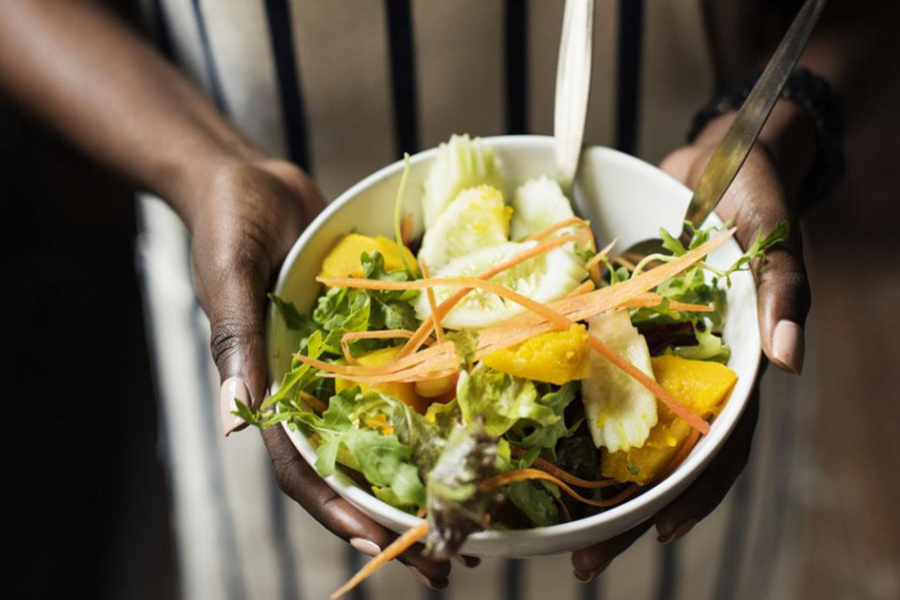New study highlights role of ‘social capital’ in contributing to food security of Somali-American households

Despite the U.S.’s perceived wealth and abundance, food security remains a public health challenge for millions of Americans. In 2021, 13.5 million U.S. households were food insecure — meaning they did not have access at all times to enough food for an active, healthy life — and rates of household food insecurity were especially high among single-parent households, Black and Hispanic households and low-income households. A new study from the University of Minnesota School of Public Health (SPH) researchers, published in Food Policy, analyzes food security among a relatively new U.S. immigrant group — Somali Americans.
SPH researchers focused their research on social capital, which is the beneficial exchange of information and other intangible non-monetary support offered within an individual’s social network or cultural community. Specifically, the research team analyzed the ways in which social capital impacts the food security of people in the Somali-American community. Social capital was measured objectively by using the size of each local Somali American community, as well as subjectively, which involved surveying community members about their day-to-day interactions with other members of the community.
Despite their significant presence in the U.S., Somali Americans are not well-represented in national research datasets such as the Current Population Survey. To overcome this, SPH researchers used a case-study method to collect and analyze data from 249 Somali-American households across seven cities in the Midwest. The study found:
- Rates of food insecurity are higher than the average U.S. household. 22% of Somali-American households in the Midwest were food insecure, compared to 10% of all U.S. households.
- The size of the ethnic enclave in a particular community (objective social capital) had a significantly positive association with rates of food security. Adding 1,000 Somalians to an urban center increased food security among local Somali American households by 0.5 to 0.6 points.
- Subjective measures of social capital were less conclusive. While subjective measures studied are not positively associated with food security, some informal interactions help people engage with their local Somali American community in ways that can stave off food insufficiency.
“Social capital can include anything from borrowing cooking ingredients from neighbors, helping community members who do not speak English or just asking other members of the community for advice,” said Harshada Karnik, SPH researcher and lead author of the study. “By examining the relationship between social capital and food security in the Somali-American community, we found that people who belonged to larger Somali American communities experienced greater food security. We are able to provide some evidence suggesting that factors other than income might also affect people's ability to ensure food security. These findings are relevant to not only refugees, but also to other low-income, immigrant communities that develop informal or unorganized systems in the absence of formal services.”
The researchers note that social capital should not be viewed as solutions to food security, but rather as temporary arrangements for which policymakers need to develop more permanent, inclusive and reliable substitutes.
- Categories:
- Health
- Health policy
- Population health




